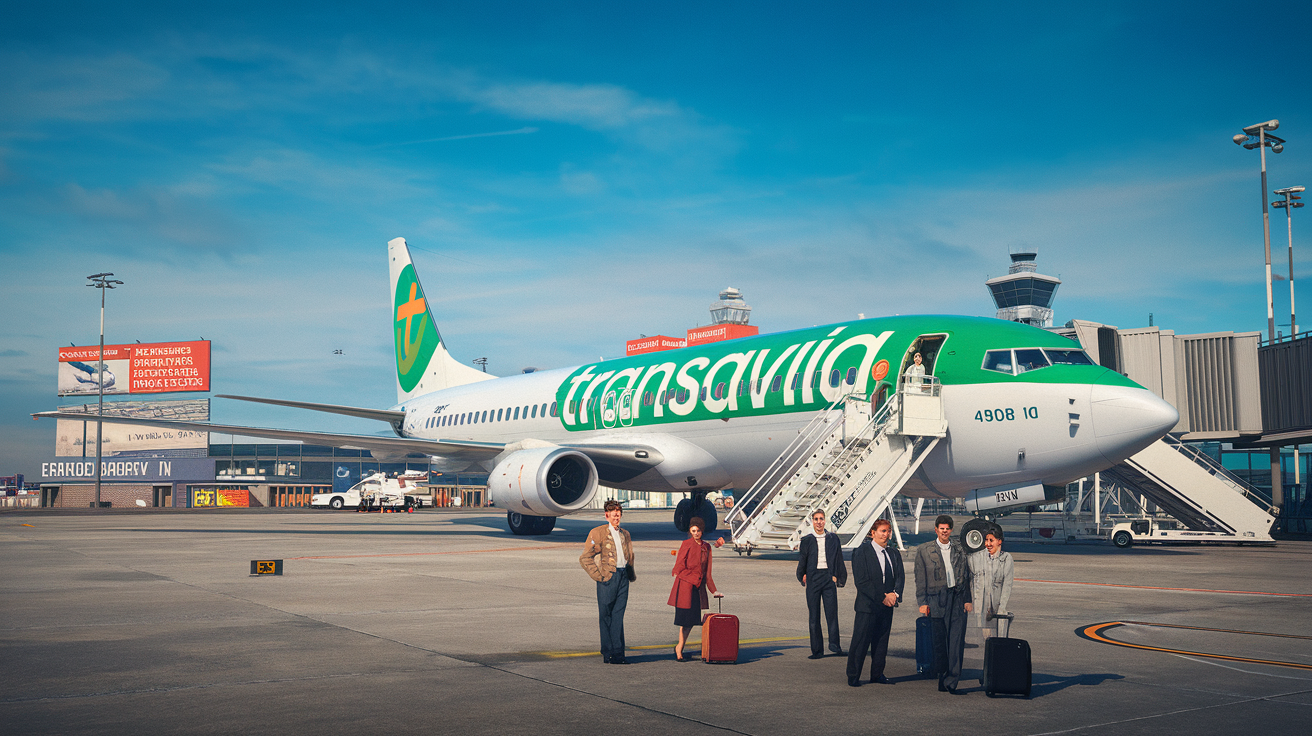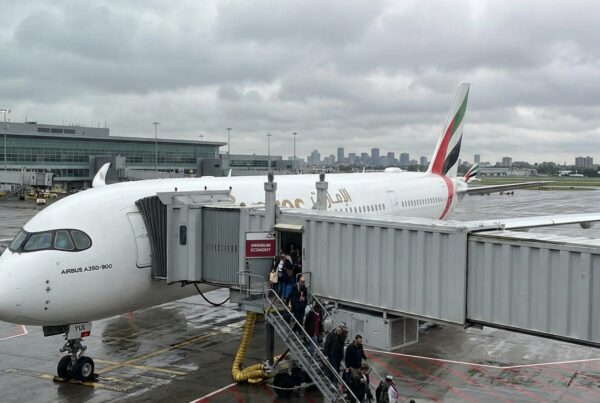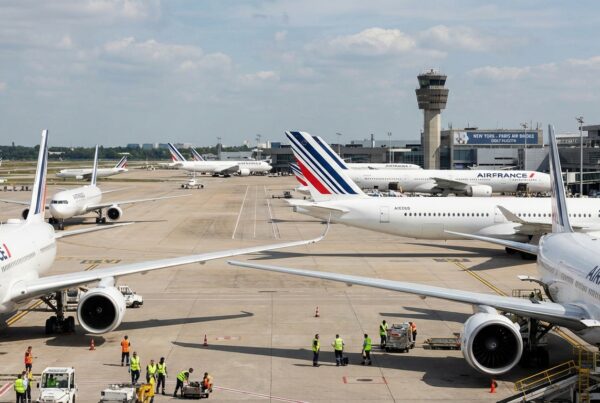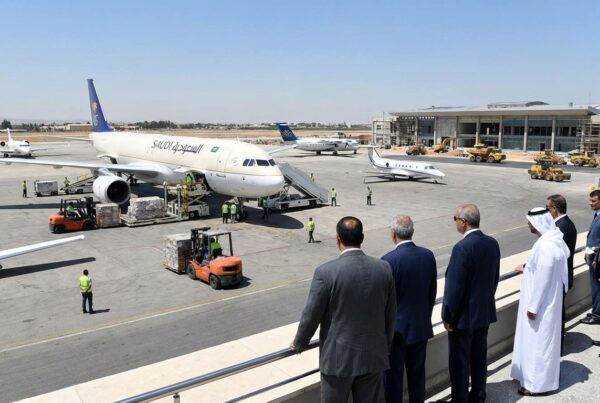February 22, 1993, Transavia Airlines marked a decisive milestone with a flight that changed its destiny forever. This symbolic date, just as the company was recovering from a turbulent period, saw the embarkation of a prestigious delegation that included the Nederlands Dans Theater and theDutch Ballet Orchestra. A flight full of culture and promise took off, reaffirming Transavia's place in Dutch skies. The bright colors of the aircraft, designed by Thijs PostmaThis day marked a milestone in the company's flamboyant history.
The beginnings of Transavia
The story of Transavia began in 1965 when Johan Nicolaas Block, an Amsterdam-born former military pilot, decided to transform a small Limburg company into a key player in civil aviation: Transavia Holland. With his entrepreneurial flair, Johan Nicolaas propelled the company forward, first with a first commercial flight on November 16 of the same year, accompanied by the Nederlands Dans Theater.
Background to the Flight of February 22, 1993
We're in the midst of the rise of low-cost commercial aviation, and Transavia had already established itself as a pioneer in this market, long before the creation of Transavia France in 2007. This precise flight on February 22, 1993, although unnoticed by many, would go down in the company's history and help shape its reputation.
Memorable Circumstances
On this iconic day, a particularly notable flight takes place, linking two European locations with inspiring precision and efficiency. This flight, not only packed with adventure-hungry passengers, also saw the cream of European choreography on board. Not for the first time Transavia transported renowned artists, let alone the last one.
Back to the Flight: The Passenger Experience
Passengers on that February 22 flight still remember the warm welcome and the special atmosphere on board, marked by laughter and light-heartedness. The flight was orchestrated by a determined and passionate team, in the image of Transaviawith an emphasis on quality and safety. Accompanying this aerial journey was a palpable sense of happy anticipation for the world of the air.
A lasting impact
The February 22, 1993 flight crystallizes not only impeccable service quality but also the importance of culture as a whole, marking the company's commitment to all ranges of travelers. Transavia, through its cultural and geographical connections, opens doors to the infinite and the unknown.
Transavia Today
Decades later, Transavia continues to connect regions across Europe and beyond. Through destinations such as those announced by Toulouse-BlagnacThe company continues this tradition of innovation and impeccable service, building on past successes such as that of 1993 to shine on the global stage.
Across the Horizon: All Available Perspectives
Transaviaand other low-cost airlines in France, continue to defy travel conventions. For anyone wishing to explore these services in depth, it's worth discovering the options available via platforms such as Flywesta must-have resource for discerning travelers.

| Event | Description |
| Important date | February 22, 1993 |
| Airline Company | Transavia Airlines |
| Departure airport | Maastricht |
| Arrival airport | International destination |
| Aircraft used | DC-6 |
| Crew Present | Nederlands Dans Theater and Ballet Orchestra |
| Aircraft design | Created by Thijs Postma |
| Historical background | Transavia Holland's transition |
| Launch year | 1965 |




